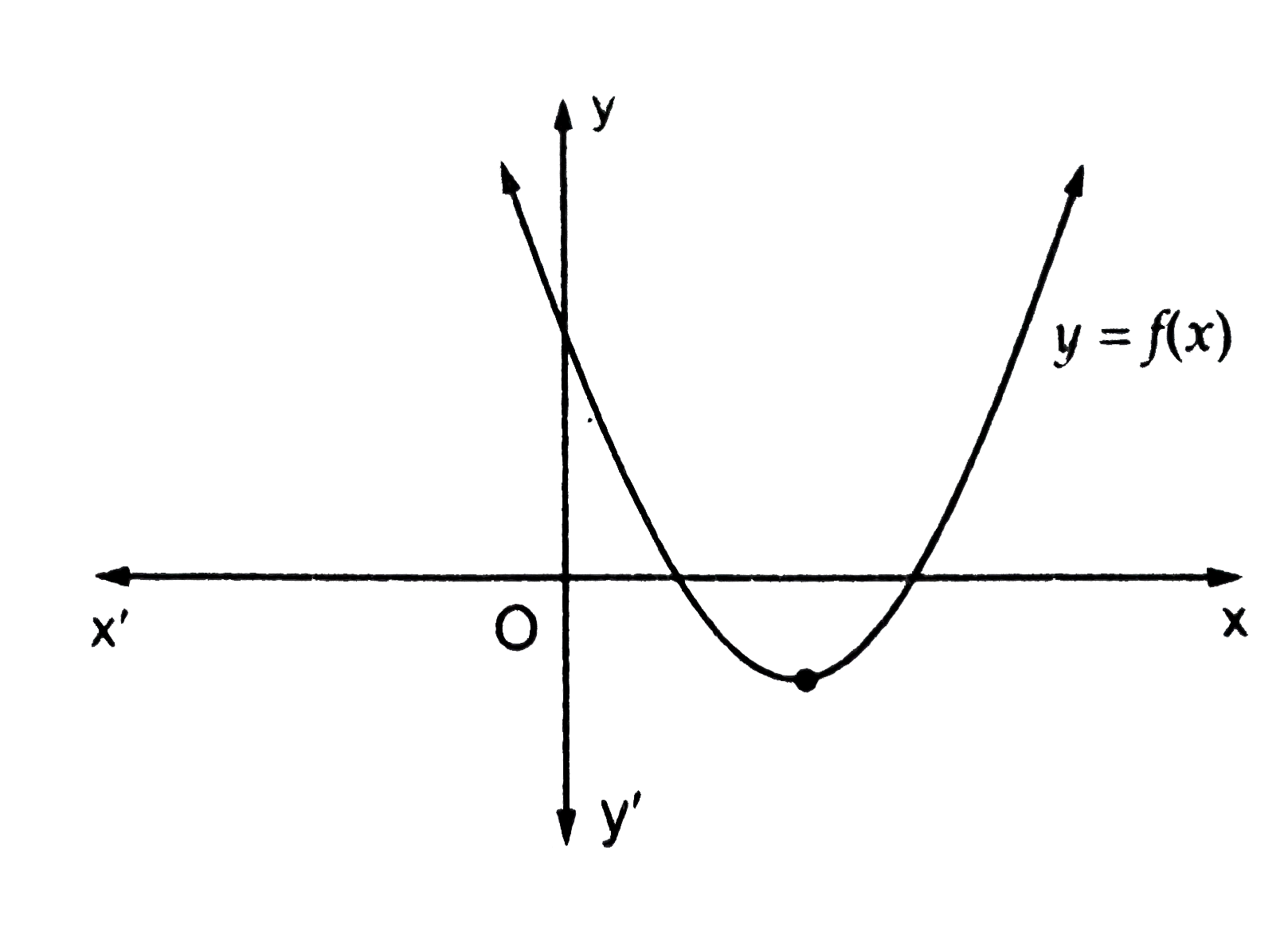In a family of eight members A,B,C,D,E,F,G and H, having three generation, are sitting around a rectangular table in such a way that four of them sit at four corners, who are facing towards center, and rest four, who sits at the middle of the side, are facing outside.
F who is the granddaughter of B, is sitting on one of the middle side. A is the mother of G, who is sitting 3rd to the left of D, who is brother-in-law of G. E is not an immediate neighbor of G. C sits immediate right of his sister-in-law. A is sitting at the corner. E who is mother of F is sitting opposite to his mother in law and is not facing outside. B has three children in which, he has only one daughter, who is not married and B is facing outside. C is the unmarried brother of G whose father is sitting to the immediate right of G. Brothers of H is not the immediate neighbor of D. D is not the father of F. G sits immediate left of C. A is wife of B and G is brother of H.
In the given question some follows a pattern find the one which is not following the pattern?
AB
DE
EH
HF
The correct Answer is:C
From the given definite conditions: - F, who is the granddaughter of B. E who is mother of F. B has three children in which, he has only one daughter, who is not married. A is the mother of G, who is sitting 3rd to the left of D, who is brother-in-law of G. A is wife of B and G is brother of H. D is not the father of F.C is the unmarried brother of G. E is not an immediate neighbor of G. From this we can conclude the relation between E, F, B, G, H, A, C and D. So there will be two possible cases of sitting arrangement as D sits either on the middle or at the corner of the square.

(Blood relations are deduced from the above given information)
Step 2: Now it is given that E who is mother of F is sittingopposite to his mother in law and not facing outside and as E faces the centre and sits at the corner opposite to A (mother-in-law of E). G.sits immediate left of C. C is the unmarried brother of G whose father is sitting to the immediate right of G. Brother of H is not the immediate neighbor of D. C sits immediate right of his sister-in-law (E). F is seating on one of the middle side.

Note: In case 2, it is given that E is facing the centre and C sits immediate right of E (sister-in-law) but as E faces the centre and sits opposite to A, hence case 2 will be eliminated.
So we will get our final solution of blood relation and sitting arrangement of eight members of the family.

Similar Questions
तीन तत्व A, B और C एक घनीय ठोस जलक में क्रिस्टलीकृत होते हैं । परमाणु A कोनो पर परमाणु B घन के केंद्र पर तथा परमाणु C किनारो पर स्थित होते हैं । यौगिक का सूत्र होगा :
View Solutionएक यौगिक A तथा B तत्वों से मिलकर बना है । जब A परमाणु कोने पर तथा B परमाणु केंद्र पर हो, तो यह यौगिक घनाकार जालक में क्रिस्टल बनाता है । यौगिक का साधारण सूत्र होगा :
View SolutionA तथा B धातु युक्त द्विअंगी मिश्रधातु के इकाई सेल की ccp संरचना है जिसमे A परमाणु कोनो पर तथा B परमाणु घन के प्रत्येक फलक के केंद्र पर स्थित होते है । यदि इस मिश्रधातु के क्रिस्टलीकृत के दौरान, इकाई सेल में दो A परमाणु लुप्त हो जाते हैं, तब प्रति इकाई सेल का पूर्ण संघटन होगा :
View Solutionपांच तत्व A, B, C, D व E के E∘ क्रमशः −1.36,+0.32,+1.36,−0.42 तथा −2.2.6 है उनको बढ़ती सक्रियता के क्रम में लिखो ।
View Solutionसमान चालकता सेल में लिए गए दो विलयनों A तथा B के प्रतिरोध क्रमशः 50 ओम तथा 100 ओम है । यदि A व B के सामान आयतन मिला दिए जाये तो सामान चालकता सेल में मिश्रण का प्रतिरोध क्या होगा ?
(मोल A व B को मिलाने पर वियोजन की मात्रा में कोई परिवर्तन नहीं होता है)
View Solutionनीचे कुछ अभिक्रियाएँ दी गयी है-
(a) ACl2+B→BCl2+A
(b) B+DCl→ कोई अभिक्रिया नहीं
(c) C+2DCl→2D+CCl2
(d) C+ECl2→ कोई अभिक्रिया नहीं
(e) H2+ECl2→2HCl+E
(f) H2+FCl2→ कोई अभिक्रिया नहीं
उपरोक्त दिए तत्वों (A से F) को रासायनिक सक्रियता के घटते क्रम में व्यवस्थित करो ।
View Solutionयदि A और B दो घटनाएँ इस तरह से हों कि P(A)=13,P(B)=14,P(A∩B)=15 तो P(A/B)=
View Solutionबहुपद f(x)=ax2+bx+c का आलेखः चित्र में दर्शाया गया है | 'a' तथा b2−4ac के चिन्ह लिखिए |

View Solution